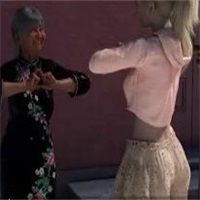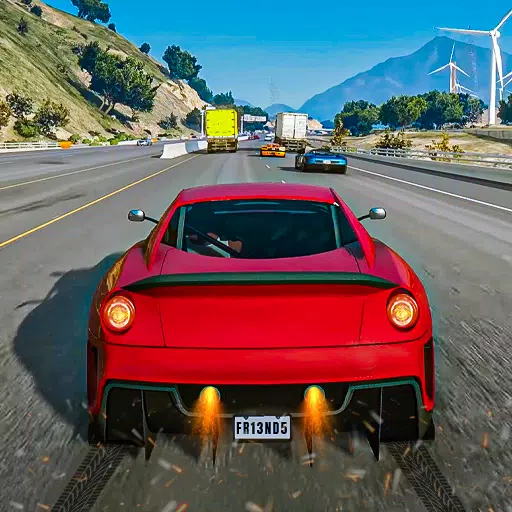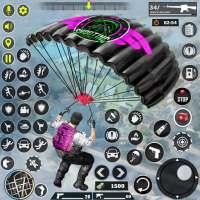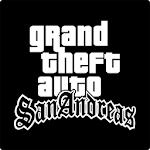Nintendo Lawyer Lifts the Lid on Approach to Piracy and Emulation
Nintendo's aggressive stance against emulation is well-documented. Recent examples include the $2.4 million settlement with Yuzu emulator developers in March 2024, the October 2024 cessation of Ryujinx development following Nintendo's intervention, and the legal advice preventing a full Steam release of the Gamecube/Wii emulator Dolphin in 2023 due to Nintendo's legal pressure. The 2023 conviction of Gary Bowser, a reseller of piracy tools, resulting in a $14.5 million debt to Nintendo, further highlights this commitment.
A recent presentation at Tokyo eSports Festa 2025 by Koji Nishiura, a Nintendo patent attorney, shed light on the company's legal strategy. While Nishiura acknowledged that emulators aren't inherently illegal, he emphasized that their use can become illegal depending on functionality. Specifically, emulators that copy game programs or disable console security measures may infringe on copyright laws, particularly under Japan's Unfair Competition Prevention Act (UCPA). The UCPA's limited jurisdiction, however, restricts Nintendo's legal reach outside Japan.
The presentation used the Nintendo DS "R4" card as a case study. This device allowed users to bypass security measures and play pirated games. A successful legal challenge by Nintendo and other software manufacturers resulted in the R4 being effectively outlawed in Japan in 2009.
Nishiura also highlighted the illegality of "reach apps"—third-party tools enabling pirated software downloads within emulators. Examples include the 3DS's "Freeshop" and the Switch's "Tinfoil." These tools, he argued, violate copyright laws.
Nintendo's lawsuit against Yuzu cited one million pirated copies of The Legend of Zelda: Tears of the Kingdom, alleging that Yuzu's Patreon generated $30,000 monthly through features like early access and updates to pirated games.
- 1 Pokémon GO Set To Roll Out Safari Ball In The Wild Area Event 2024 Nov 10,2024
- 2 Marvel's Spider-Man 2 Swings to PC in January 2025 May 26,2023
- 3 Tomorrow: MMO Nuclear Quest Is a New Sandbox Survival RPG Nov 15,2024
- 4 Black Myth: Wukong Review Fallout Nov 13,2024
- 5 Roblox Ban in Turkey: Details and Reasons Mar 10,2024
- 6 Final Fantasy XVI PC Port Falls Short Nov 14,2024
- 7 GTA 6 Raises The Bar and Delivers on Realism Beyond Expectations Nov 10,2024
- 8 Dragonite Cross-Stitch Captivates Pokémon Enthusiasts Nov 08,2024
-
Best Racing Games to Play Now
A total of 10
-
Explore the World of Shooting Games
A total of 10
-
Best Free Simulation Games for Your Android Phone
A total of 4








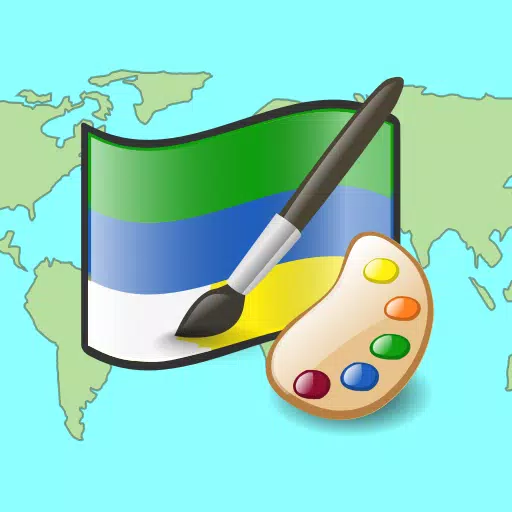

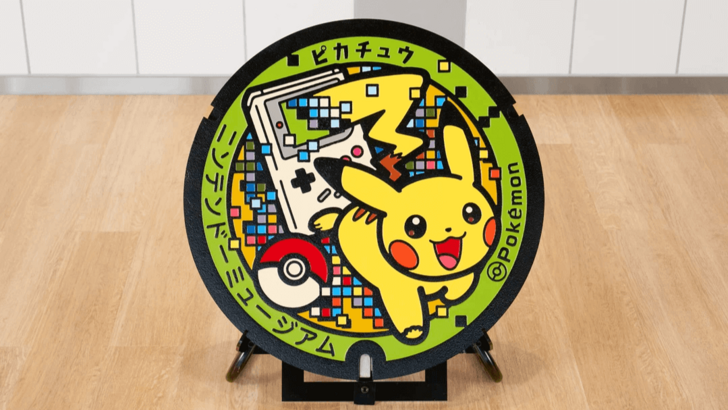


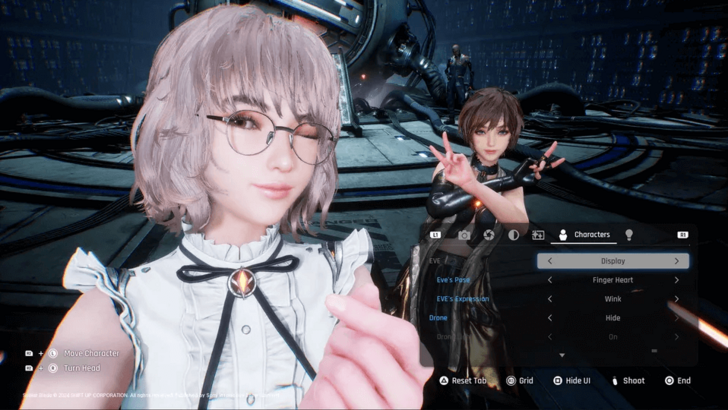
![Business of Loving [v0.12.5i] [Dead End Draws]](https://imgs.96xs.com/uploads/18/1719555107667e5423ef803.jpg)
